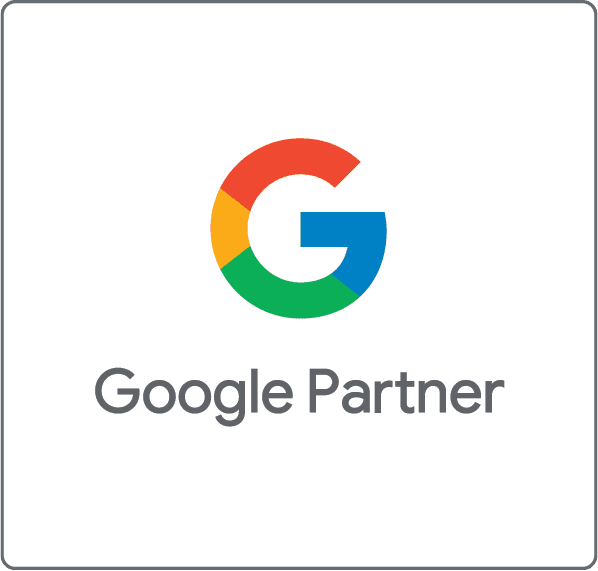Effective healthcare software marketing is essential for any healthcare software company that wants to succeed in the competitive healthcare industry. Not only does marketing help healthcare software providers to increase their customer base and revenue, but it also helps them to differentiate themselves from the competition and position themselves as industry leaders.
To achieve success in healthcare software marketing, providers must consider a range of factors today. From an emphasis on digital engagements, to a need for targeted campaigns, and even collaboration with healthcare institutions and broader industry network consultants, healthcare software marketing requires optimal planning and implementation. In this guide, we will outline the key elements of effective healthcare software marketing strategies:
1. Define Your Target Audience
When it comes to healthcare software marketing, the first step is to identify and define your target audience. This requires a deep understanding of your ideal customers’ needs, preferences, and pain points. Consider their demographics, psychographics, and any other information that may help you to create a highly targeted marketing campaign.
2. Build a Water Tight Marketing Plan
Once you have defined your target audience, the next step is to develop a comprehensive healthcare software marketing plan. This plan should incorporate activities that help to attract and convert new customers while retaining existing ones. Some critical elements to consider include content marketing, lead generation, lead nurturing, and customer retention strategies.
3. Develop Compelling Content Marketing Strategies
The unique nature of healthcare software requires that providers use dedicated content marketing strategies designed for the healthcare field. Therefore, healthcare software providers should focus on developing compelling educational and thought leadership content to attract and engage their target audience. This can be in the form of blog posts, research studies, white papers, case studies, and eBooks. Such content should be informative, insightful, and highly relevant to the healthcare industry audience.
4. Optimize Content: On-Site SEO
It’s essential to develop search engine optimisation (SEO) strategies that focus on both off-site and on-site SEO. Start with the content on your website. Take all those compelling content pieces and optimise them with appropriate meta tags, titles, descriptions, images, short URLs, and more. All your website pages should have useful, educational, optimised content that’s easy to read and digest for your audience. This helps healthcare software providers to build authority and increase their search engine ranking results page (SERP) positions
5. Leverage Off-Site SEO Strategies
In addition to on-site SEO, healthcare software providers should consider implementing off-site SEO strategies such as influencer marketing, guest posting, and link building. The objective of these strategies is to drive traffic back to your website, increasing page views and time spent on your site.
6. Employ a Multi-channel Approach
To maximise your ROI in healthcare software marketing, you must employ a multi-channel approach that incorporates both traditional and digital marketing channels such as PR, social media, email marketing, influencer marketing, and PPC ads. This helps healthcare software providers to reach their target audience using different touchpoints, increasing the effectiveness of the overall marketing programme demonstrating market leadership.
In summary, the healthcare software industry is highly competitive and requires a comprehensive marketing strategy to get ahead. By defining your target audience, building a comprehensive marketing plan, developing compelling content marketing, optimising content both onsite and off-site, and employing a multi-channel approach, healthcare software providers can achieve greater success in their marketing endeavours.























